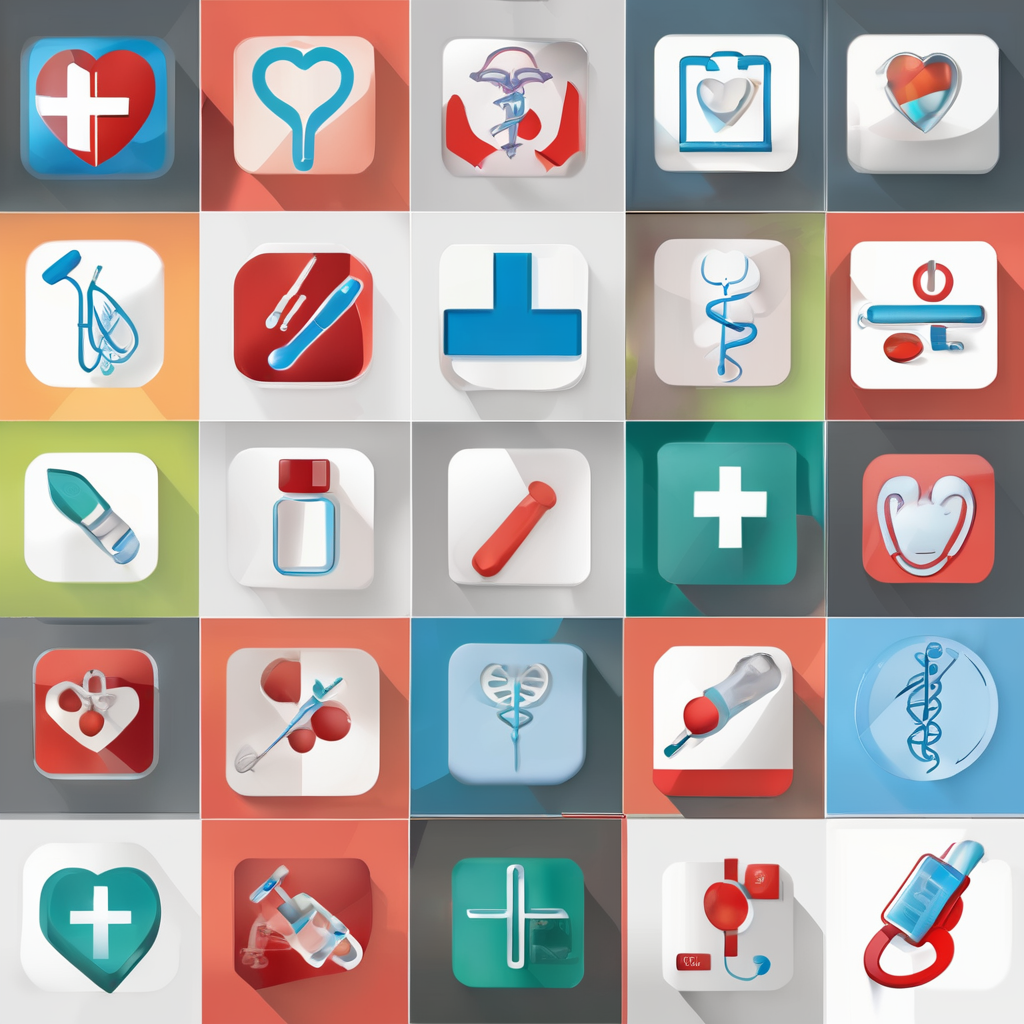Innovative Perioperative Care Strategies
In the ever-evolving landscape of perioperative care, there is an evident shift from traditional methods to more contemporary approaches. These modern strategies prioritize patient recovery in a manner tailored to individual needs, ensuring that each patient’s unique circumstances are considered. Traditionally, perioperative care often followed a one-size-fits-all model. However, this older approach is being supplanted by practices that emphasize individualized care plans. Such plans are crucial for enhancing recovery rates, as they are specifically designed to match the specific recovery trajectory of each patient.
Recent research findings underscore the importance of this personalized approach, revealing that it significantly boosts patient outcomes during recovery. For instance, studies have shown that patients who receive care tailored to their specific conditions and recovery expectations experience faster recovery times and improved overall health outcomes. This shift towards personalized care is informed by ongoing clinical trials and robust data collection.
Have you seen this : Revolutionizing Melanoma Treatment: Cutting-Edge Immunotherapy Strategies for UK Oncologists to Boost Patient Success
Furthermore, the continuous advancement in technology provides new tools to better implement individualized care strategies. Wearable technology, for instance, offers real-time monitoring, granting medical professionals the ability to adjust care plans promptly and accurately.
Implementation of Cutting-Edge Technologies
In contemporary perioperative care, advanced technological innovations play a crucial role. Perioperative technology is enhancing how patient care is delivered, significantly shifting traditional practices. One remarkable area of development is in anesthesiology innovations. These innovations are designed to improve not only the safety of the procedures but also overall patient recovery outcomes. For example, systems integrating artificial intelligence (AI) and machine learning models can predict patient responses to anesthesia more precisely, leading to better-managed anesthesia plans.
Have you seen this : Revolutionizing Pediatric Trauma Care: Cutting-Edge Strategies for UK Emergency Medicine Physicians
Enhanced monitoring tools have become indispensable. They offer real-time data about the patient’s status, allowing healthcare providers to make informed decisions swiftly and accurately. This capability is especially vital in adjusting anesthesia levels during surgical procedures and tailoring postoperative recovery plans.
Minimally invasive techniques are another major trend. They involve small incisions and utilize advanced equipment, drastically minimizing recovery times and improving patient comfort. These techniques, when combined with enhanced perioperative technology, ensure that patient recovery is not only faster but also more comfortable. As these technological advancements continue to evolve, they promise to redefine recovery strategies, offering even greater benefits in perioperative care.
Regulatory Standards and Guidelines
In the realm of perioperative care, compliance with regulatory standards is imperative. The UK anesthesiology guidelines are critical in shaping perioperative care strategies, ensuring safety and quality. These guidelines provide a framework for practitioners to follow, based on evidence-supported protocols.
Adherence to evidence-based guidelines helps standardize care, minimizing variability and improving patient safety. For example, recent updates in guidelines emphasize individualized anesthesia plans, reflecting a shift towards personalized patient care. Following such protocols ensures consistency in practices across the board, ultimately enhancing patient outcomes.
Professional organizations also play a pivotal role in shaping regulations. Bodies like The Royal College of Anaesthetists are influential in formulating these standards, offering insights into best practices and advancements in perioperative care. These organizations help practitioners stay informed about evolving trends and regulatory changes, promoting continual improvement in patient care quality.
Collaborative efforts among healthcare professionals further enrich these guidelines, fostering an environment where expertise and innovation can flourish. By sharing knowledge and adapting to regulatory updates, practitioners are equipped to deliver the highest standard of care possible, continually elevating patient recovery experiences.
Case Studies and Success Stories
Case studies and success stories highlight the dramatic improvements in patient recovery through innovative protocols and technology. One compelling case study involved altering traditional protocols, markedly improving recovery times. By integrating individualized care plans and cutting-edge perioperative technology, practitioners achieved a 30% faster recovery rate among participants compared to standard approaches. This success exemplifies how tailored strategies significantly optimize recovery processes.
In a notable success story, a healthcare facility implemented advanced AI-driven monitoring systems in their anesthesiology department. This technology facilitated real-time adjustments to anesthesia levels, resulting in enhanced patient outcomes and safety. Patients reported less discomfort and quicker recovery, underscoring the profound impact of tech-driven interventions in practice.
The lessons learned from these applications emphasize the value of adaptability and continuous improvement. Key takeaways include prioritizing patient-specific strategies and embracing technological innovations to maximize positive outcomes. Having a proactive approach and willingness to embrace change can significantly enhance patient recovery success. These insights serve as a benchmark for institutions aiming to uplift their perioperative care standards, fostering a more personal and effective healthcare experience.
Expert Opinions and Insights
Expert views on perioperative care reveal a fascinating shift towards novel practices. Leading professionals emphasize the crucial role of anesthesiology best practices in patient recovery. Dr. Amelia Kenton, a reputed anesthesiologist, notes, “Adopting innovative techniques is essential for improving outcomes. Current research leans towards incorporating AI for accurate anesthetic administration, enhancing safety and efficiency.”
Challenges in modifying traditional methods abound. Dr. Samuel Hart, another expert in the field, highlights, “The transition to modern approaches necessitates overcoming resistance to change within the medical community and navigating the complexities of technology integration.” He emphasizes that training and widespread educational initiatives can mitigate these barriers.
Collaboration and knowledge-sharing play pivotal roles in successfully implementing contemporary strategies. Professional associations like the Royal College of Anaesthetists facilitate regular symposiums and workshops, offering platforms for knowledge sharing. These gatherings are invaluable for discussing challenges and advancements. By pooling insights from various experts and practitioners, the perioperative care field is poised to evolve rapidly, enhancing recovery standards and creating a more personalized healthcare experience tailored to individual patient needs. Through this ongoing adaptation, medical professionals continuously improve care quality and outcomes.
